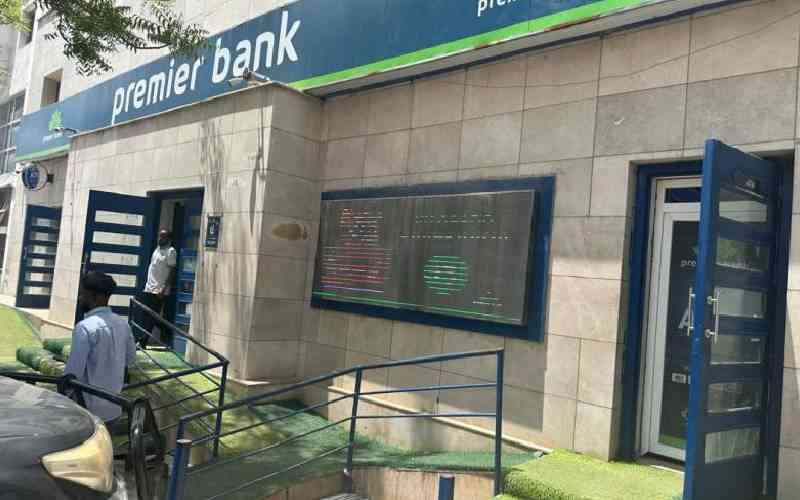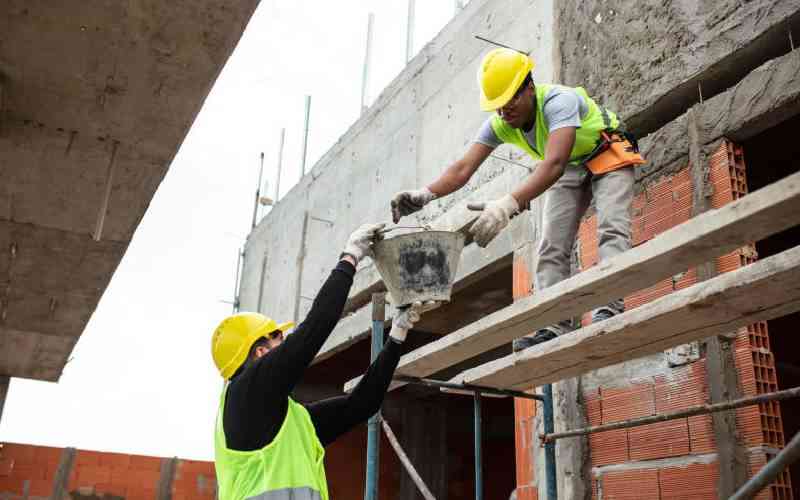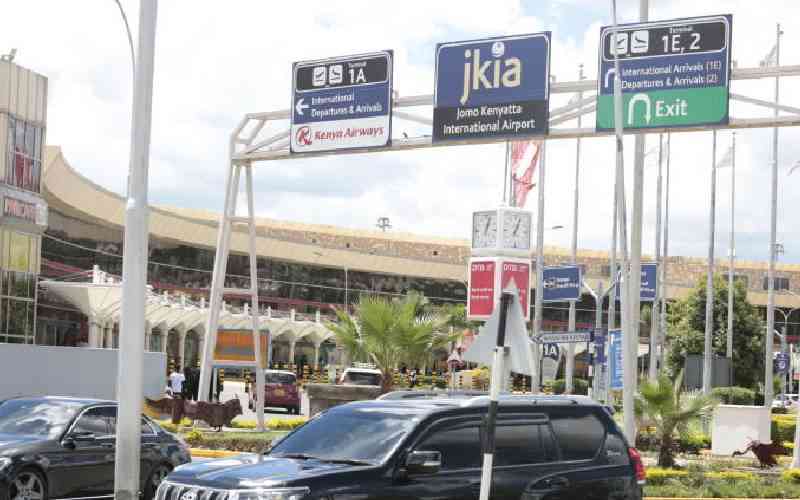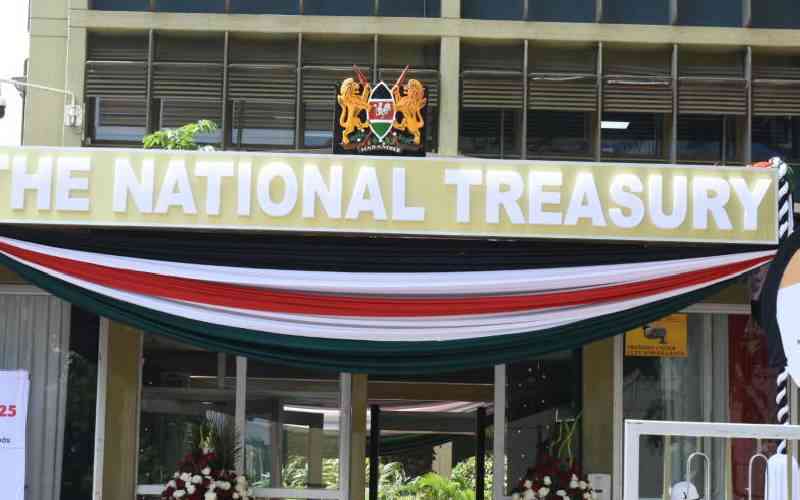
The Liberian judiciary is actively working to boost public awareness and secure more financial support to fulfill its mandate effectively, Chief Justice Sei-A-Nyene Gyapay Youh has said.
In an interview on Spice FM on Wednesday, Youh noted that Liberia's judiciary faces challenges similar to those in Kenya, especially regarding public understanding of the judicial system’s limitations.
“We have a distinct role,” CJ Youh explained, highlighting that the judiciary’s primary function is to interpret laws passed by the legislature and bring order to the executive’s actions.
Chief Justice Youh emphasized the importance of educating the public on the judiciary’s mandate, as many people turn to the courts for solutions on issues beyond its scope, especially when dissatisfied with policy decisions or wealth distribution between government branches.
Upon her appointment in 2022, Youh said she launched a campaign to improve public understanding of the judiciary’s role and accessibility to justice. She described efforts to “rebrand the judiciary,” aiming to strengthen the public’s perception and encourage citizens to advocate for judicial support.
One new initiative is an expansion of the judiciary's online presence, where Supreme Court opinions are now posted on the judiciary’s website to improve transparency.
The judiciary has also prioritized informing the public about resources like the Judicial Inquiry Commission, which addresses complaints against judges, and the Ethics Committee, which handles issues of legal misconduct.
Regarding budgetary challenges, Youh noted that funding for the judiciary has historically been limited. However, she expressed optimism for future budgets, aiming for a collaborative approach with other government branches in the allocation process.
The Financial Autonomy Act, which previously allowed the Ministry of Finance to determine the judiciary’s budget, has been revised to enable the Supreme Court to present its own budget, ensuring the judiciary's participation in financial planning.
In collaboration with civil society, including the International Development Law Organization (IDLO), the Liberian judiciary is addressing gaps in judicial services.
Meanwhile, IDLO’s Liberia Country Manager, Chinyelumugo Okoh, emphasized the need for civic education to promote understanding of the government and citizens' roles in upholding the rule of law.
Okoh noted that financial limitations are a common challenge, with development partners often stepping in to help prioritize resources.
In Liberia, IDLO collaborates closely with various institutions, including the Ministry of Justice and law enforcement agencies, to combat issues like human trafficking and promote gender inclusivity within the justice system.
Stay informed. Subscribe to our newsletter







